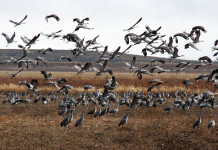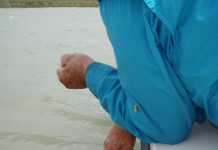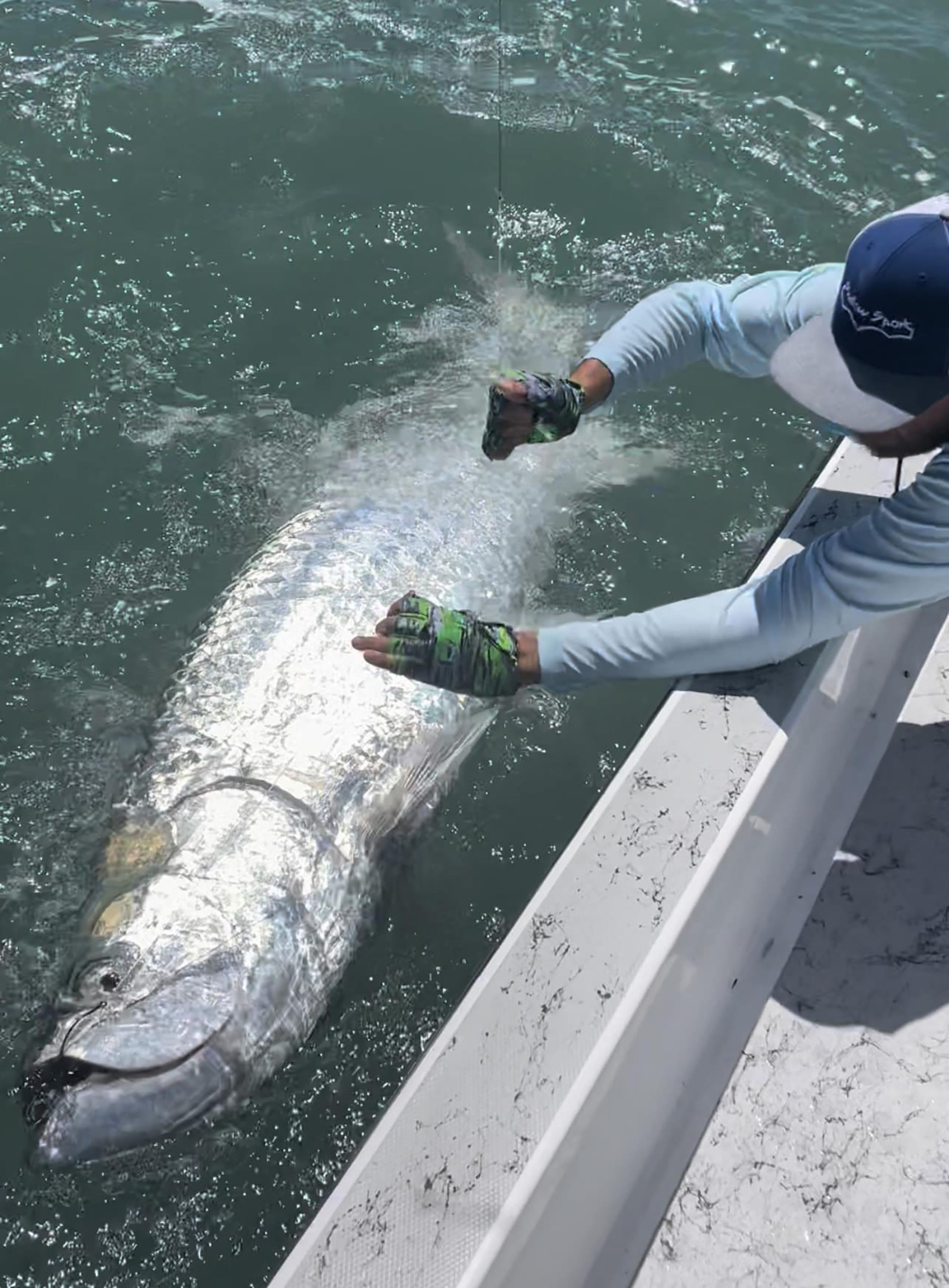Gov. Rick Scott last week sent a letter to Secretary Penny Pritzker of the U.S. Department of Commerce, outlining his disappointment in the lack of flexibility the federal system allows for the management of the red snapper season and other stock fish.
The Gulf of Mexico Fishery Management Council earlier this month voted to enact an emergency rule gutting the recreational red snapper season and allowing only an 11-day summer framework.
The council in December set a 40-day recreational red snapper season.
The 11-day season takes into consideration the incompatible state seasons and bag limits adopted by Texas, Louisiana and Florida. The council also voted to withdraw a framework action submitted in February that would rescind the Amendment 30B permit provision, which requires vessels with federal charter vessel/headboat permits to abide by federal regulations if more restrictive when fishing in state waters.
Council members said that their vote was forced by a U.S. District Court judge’s decision on March 27 that sided with a group of commercial fishermen who said that the federal management system of red snapper violates standards in the Magnuson-Stevens Act which guides national fishery management.
The judge ruled that the National Marine Fisheries Service violated the law when it allowed the recreational sector to regularly exceed its quota without holding the sector accountable for those overages. The judge also said the Fisheries Service did not use the best available science in 2013 when it approved a 14-day fall recreational red snapper season despite the fact that its own program data seemed to indicate the sector had exceeded its 2013 quota by more than 60 percent during a 28-day June season.
Red snapper issues have been contentious in recent years, including last year when Texas, Louisiana and other Gulf states pushed back against proposed federal rules on red snapper, urging that snapper regulation be left up to the discretion of states, citing scientific research supporting the stance. Gov. Rick Perry and other Gulf state governors also sent a letter to Congressional leaders, stating that federal management of Gulf red snapper is evidence of a system that is “irretrievably broken,” and called for passage of legislation that would replace it with a coordinated Gulf states partnership for red snapper management.
Here’s the full letter:
The Honorable Penny Pritzker Secretary
U.S. Department of Commerce
1401 Constitution Ave., NW
Washington, D.C. 20230
Dear Secretary Pritzker:
Florida’s natural resources, especially those along our coast, are critical to our economy and communities. For example, Florida’s Gulf Coast communities depend upon the Red Snapper fishery to draw in visitors, keep for-hire vessels working, and fill local hotels, shops and restaurants. As with other natural resources in Florida, our state agencies have invested a significant amount of time, resources and study into ensuring we prudently manage this important asset.
This week, the Florida Fish and Wildlife Conservation Commission (Commission) just set a 52-day summer recreational red snapper season in Florida state waters of the Gulf of Mexico for 2014. This eight day increase in the summer season will provide recreational harvest opportunities for Florida’s residents and visitors, economic opportunities for Florida businesses, while also allowing the continued recovery of the fishery. I am proud of the Commission’s action and their willingness to balance the economic needs of Florida’s coastal communities with the need to rebuild the red snapper fishery.
I am very disappointed; however, in how the federal system has been managing red snapper and other fish stocks. The Magnuson-Stevens Fishery Conservation and Management Act (Act) lacks much needed flexibility. The recreational red snapper season in federal waters of the Gulf of Mexico will be only a few days this year – assuming harvest is even allowed. Federal recreational season lengths have declined from 365 days per year to likely less than 11 days this year, all while anglers have watched red snapper become more abundant as the stock continually improves.
The Act must be modified to allow more fishing opportunities; not less, as fish stock improves. Under the current system, the Federal Fishery Management Council process and the Act are unnecessarily rigid and too often penalize fishermen and the businesses and communities that depend on them. Better stock assessments and recreational data collection are key to managing our recreational and commercial fisheries. We all want healthy fish stock, but we also need to ensure our local businesses and communities that depend on fishing continue to thrive.
As this act is revised and reauthorized by Congress, I urge you to support amendments that incorporate more flexibility, more up-to-date data collection, and seriously consider social and economic needs. A balance must be struck so anglers of present and future generations can continue to participate in a fishery while it continues to grow. Now is the time for action and change. Now is the time to fix what is broken and to turn disappointment and frustration into a success story for those who depend upon and enjoy our fisheries.
Sincerely,
Rick Scott
Governor





















